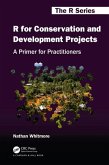
Gebundenes Buch
A Primer for Practitioners
22. Dezember 2020
Chapman and Hall/CRC
| Broschiertes Buch | 82,99 € | |
| eBook, ePUB | 64,95 € | |
| eBook, PDF | 64,95 € |
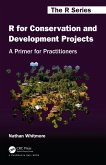
Broschiertes Buch
A Primer for Practitioners
22. Dezember 2020
Chapman and Hall/CRC
eBook, PDF
21. Dezember 2020
Taylor & Francis eBooks
eBook, ePUB
21. Dezember 2020
Taylor & Francis eBooks
6,49 €
inkl. MwSt. und vom Verlag festgesetzt.
Sofort per Download lieferbar
Ähnliche Artikel
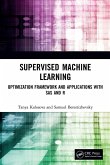
Broschiertes Buch
Optimization Framework and Applications with SAS and R
29. April 2022
Chapman and Hall/CRC
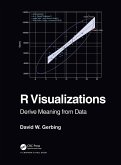
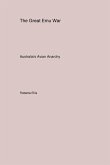
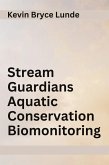
26,99 €
Versandfertig in 1-2 Wochen
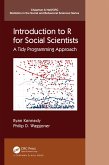
Gebundenes Buch
A Tidy Programming Approach
9. März 2021
Chapman and Hall/CRC
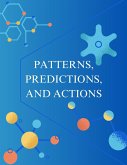
Broschiertes Buch
A story about machine learning
15. Dezember 2023
Learningbooks
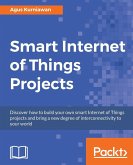
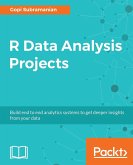
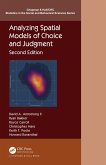
Gebundenes Buch
2. Auflage
17. November 2020
Chapman and Hall/CRC
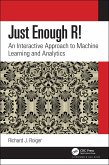
Broschiertes Buch
An Interactive Approach to Machine Learning and Analytics
8. Juni 2020
Chapman and Hall/CRC
Ähnlichkeitssuche: Fact®Finder von OMIKRON
